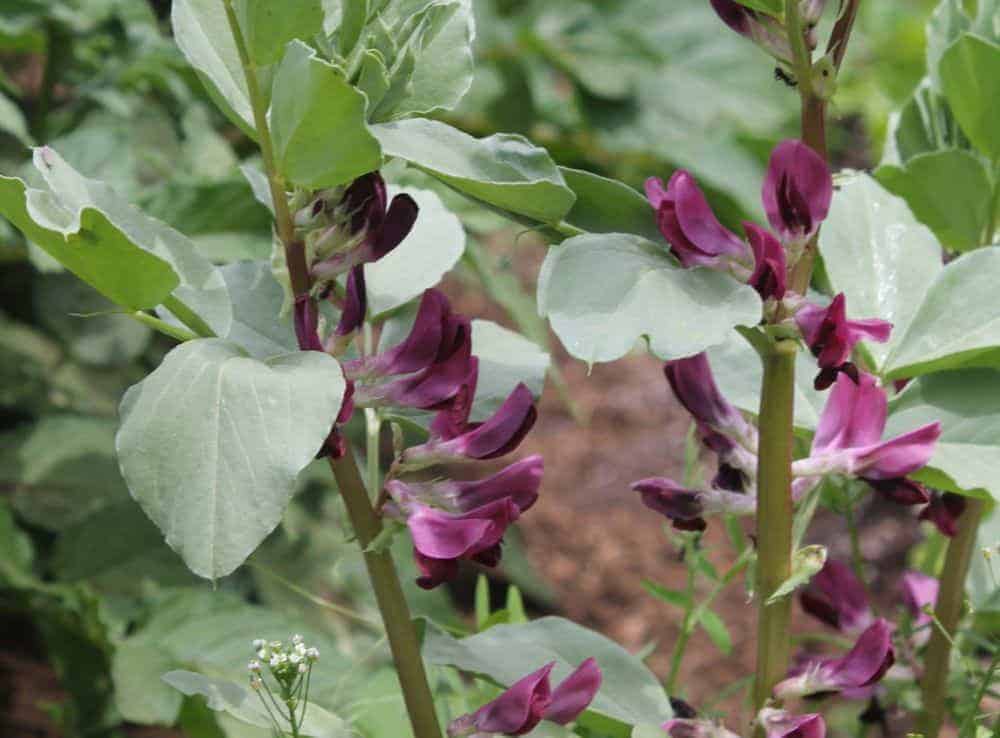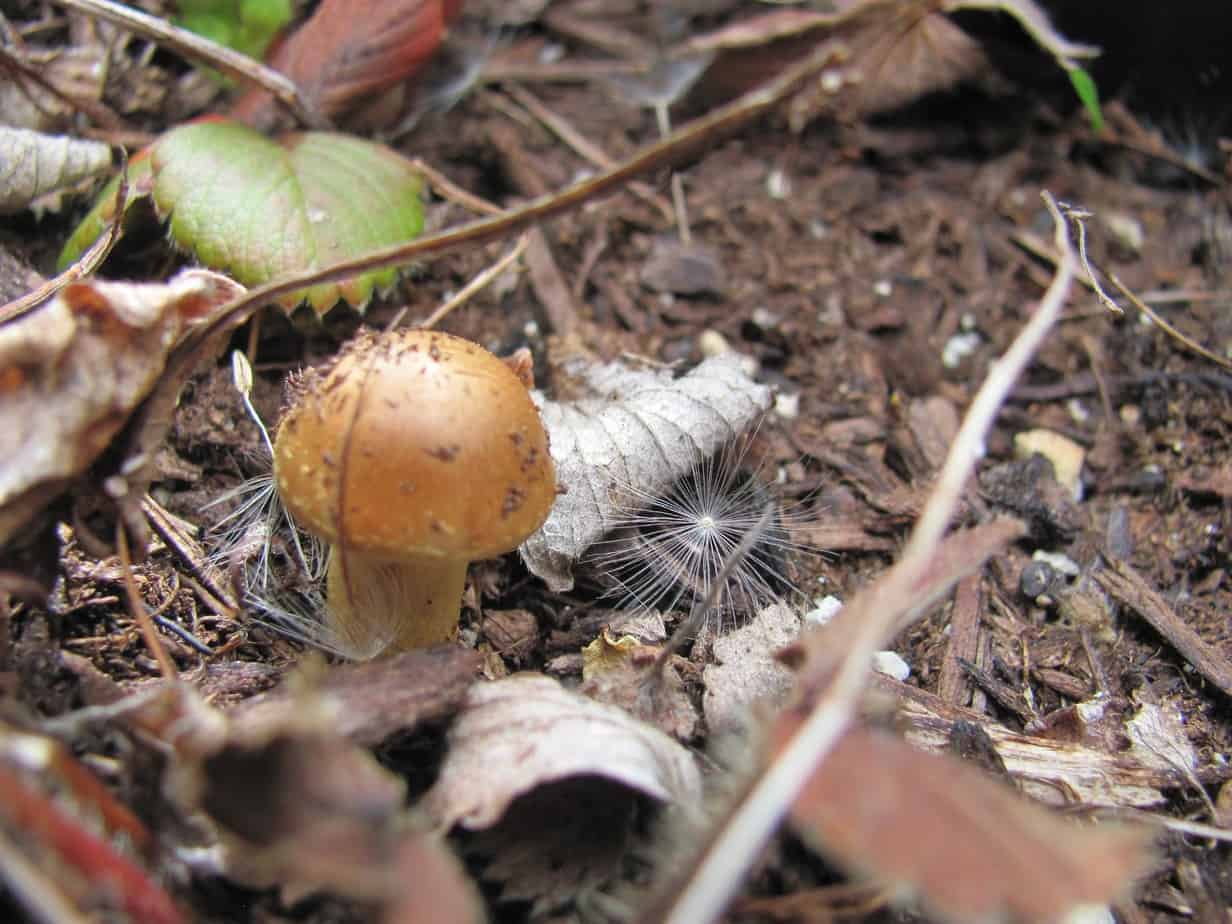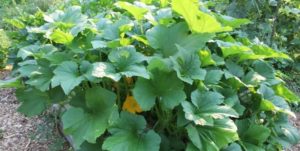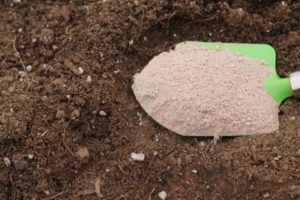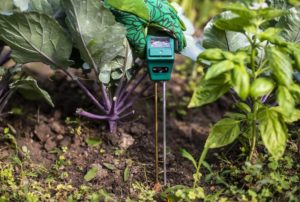Nitrogen fixation is important to pay attention to in the home garden. You might have too much nitrogen in your soil, or you might need to add nitrogen to your soil.
There are a few ways to make sure you have adequate nitrogen available to your plants. Some people choose to just feed the plants with fertilizers.
Other gardeners know the importance of building up microorganisms that are nitrogen-fixing bacteria. There’s also a product called Azos which contains nitrogen-fixing bacteria you can use.
What do Nitrogen Fixing Bacteria do?
Nitrogen-fixing bacteria are microorganisms capable of transforming the nitrogen in the air into fixed nitrogen that plants can use.
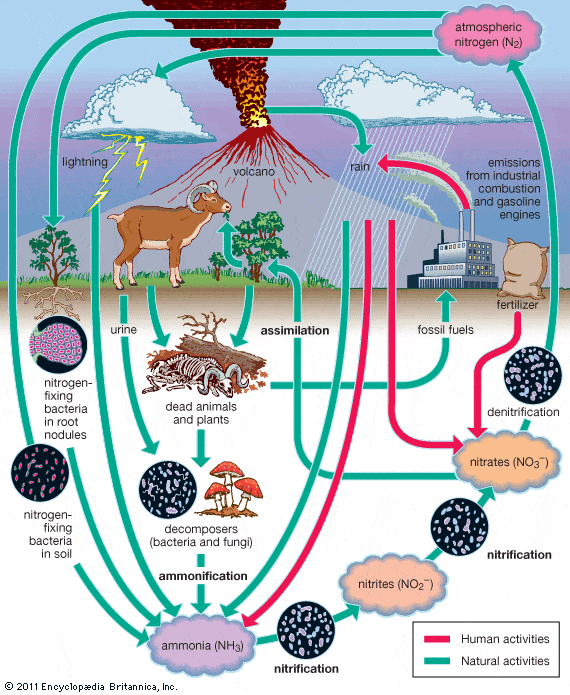
Many gardeners will grow the bean family (Fabaceae) & green manure to add nitrogen and nitrogen-fixing bacteria. You can also increase nitrogen-fixing bacteria by using a product called Azos.
What are Azos Nitrogen Fixing Bacteria?
Azos (Azospirillum brasilense) converts nitrogen into a usable form that is readily available to the plant. Nitrogen is critical for forming vegetative matter and supporting abundant growth.
Benefits of Using Azos Nitrogen Fixing Bacteria
- promotes growth, while boosting natural root development.
- a beneficial microbe that sparks new root development and boosts growth
- works by rapidly increasing plant production of IAA (indole-3 acetic acid) – a natural plant hormone, affecting cell division, growth rates, plant and root development
- enhances growth by converting atmospheric nitrogen into a usable form available to plant roots
Azospirillum brasilense 1,000,000 CFU/g – Natural Growth Promoter – Use for Rooting Cuttings & Transplants – Fixes Atmospheric Nitrogen into Plant Available Food
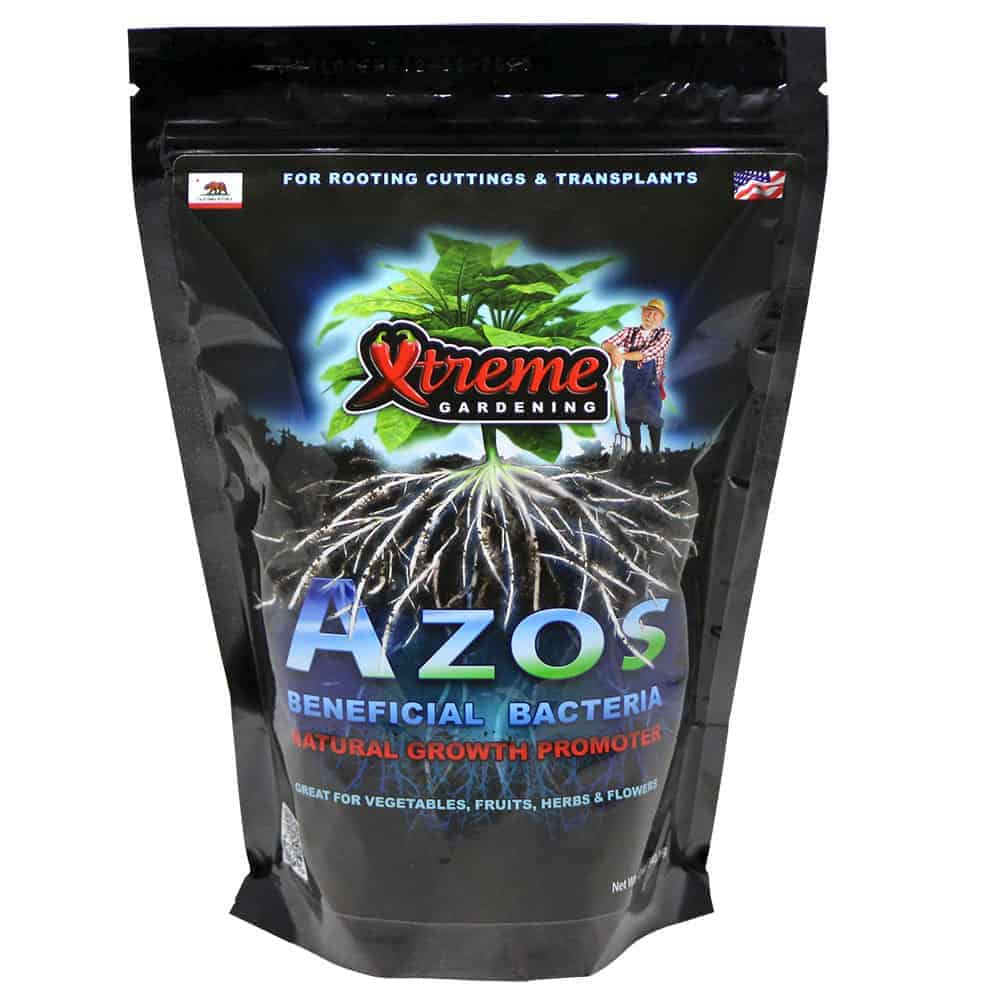 Nitrogen-Fixing Bacteria – Of all the nutrients transported to plants through the soil, nitrogen is required in the greatest amount. It drives chlorophyll production in the foliage and keeps plants green and efficient. Because it’s a fundamental part of amino acids and other compounds that assure crop health and productivity. A major part of every protein molecule and soils are often deficient of this element. However, the atmosphere is comprised of around 80% nitrogen which is in a form (N2 or atmospheric nitrogen) that is not conventionally available to plants.
Nitrogen-Fixing Bacteria – Of all the nutrients transported to plants through the soil, nitrogen is required in the greatest amount. It drives chlorophyll production in the foliage and keeps plants green and efficient. Because it’s a fundamental part of amino acids and other compounds that assure crop health and productivity. A major part of every protein molecule and soils are often deficient of this element. However, the atmosphere is comprised of around 80% nitrogen which is in a form (N2 or atmospheric nitrogen) that is not conventionally available to plants.
A Natural Isolate From the Amazon – Azos is a particularly-efficient agent originally isolated in the Amazon Basin where the lack of soil, the rapid breakdown of any vegetation by hungry microbes, and the environmental conditions which require “Growth to Survive” is a fundamental proposition of the ecosystem. Azos specializes in the highly-efficient conversion of the N2 form of nitrogen into plant-available NH3 ammoniacal nitrogen. Azos is so efficient that between 50% and 70% of all the nitrogen required by most crops can be supplied by this organism.
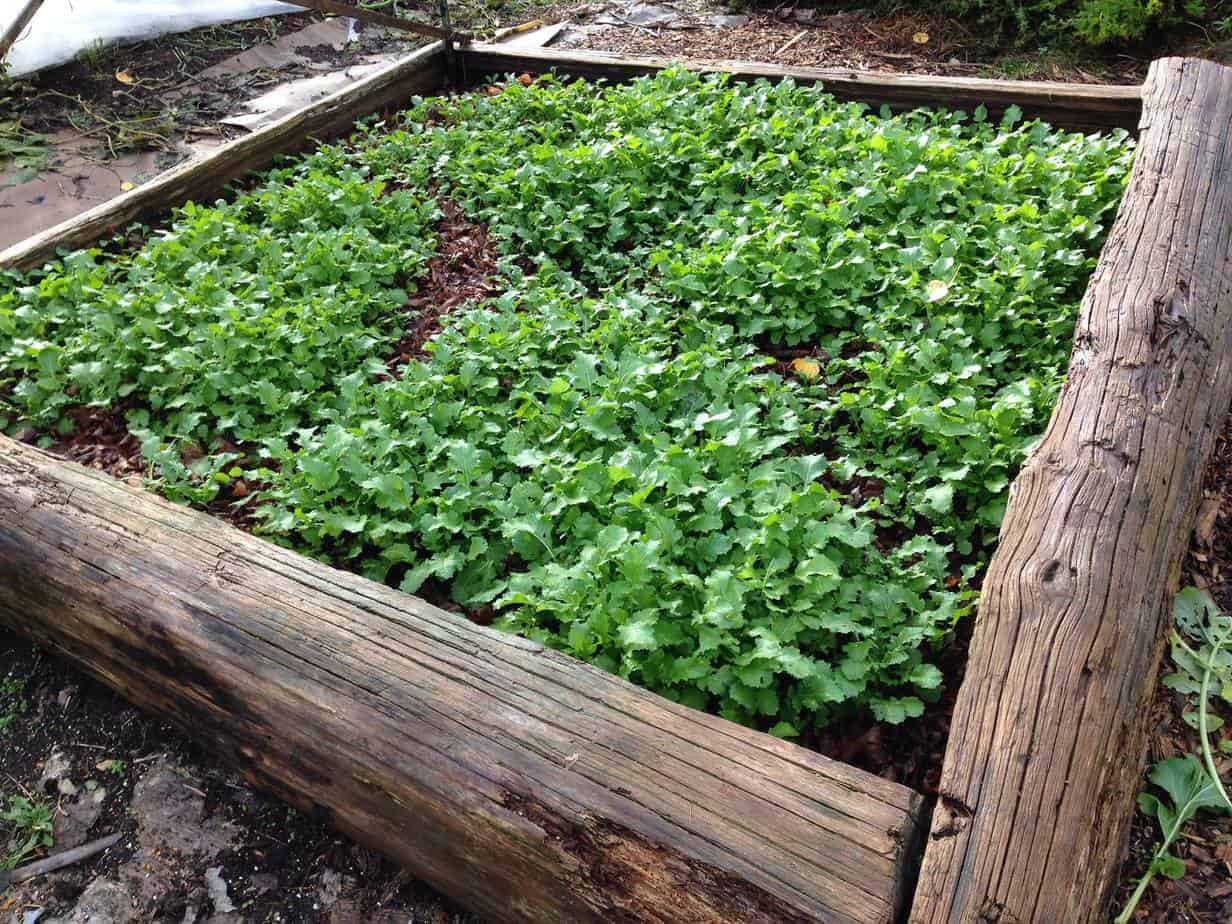
Plants that Encourage Nitrogen-Fixing Bacteria
One of the best ways to build up soil other than adding compost and mulch is to grow cover crops and green manures. When practicing crop rotation, consider adding cover crops and green manures to your soil building. This provides biomass for soil microorganisms to decompose.
Other plants, like the bean family, can draw nitrogen from the air and then return it to the soil with the help of Rhizobium bacteria in their root nodules.
Grow these soil building plants and chop them into the ground before they flower.
A lot of these cover crops are grown before the winter and then tilled into the soil in the spring (you can chop and drop too if you don’t till your garden, which is friendlier to soil microorganisms)
Top Plants for Nitrogen-fixing Bacteria:
- Fava Beans
- Beans
- Peas
- Vetch
- Winter peas
- Mustards (photo below)
- Clovers
- Alfalfa
